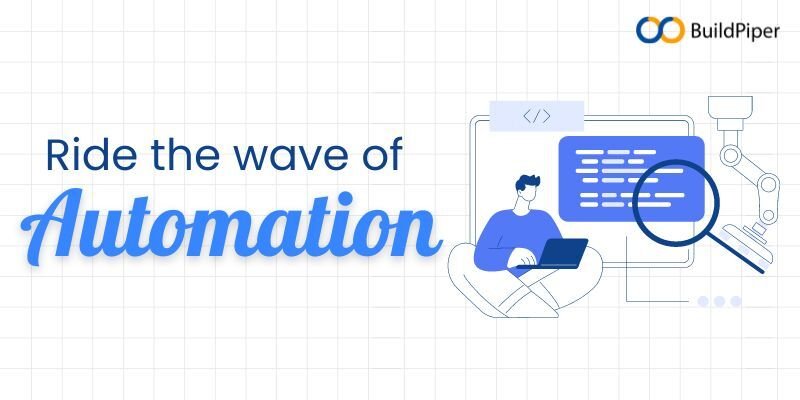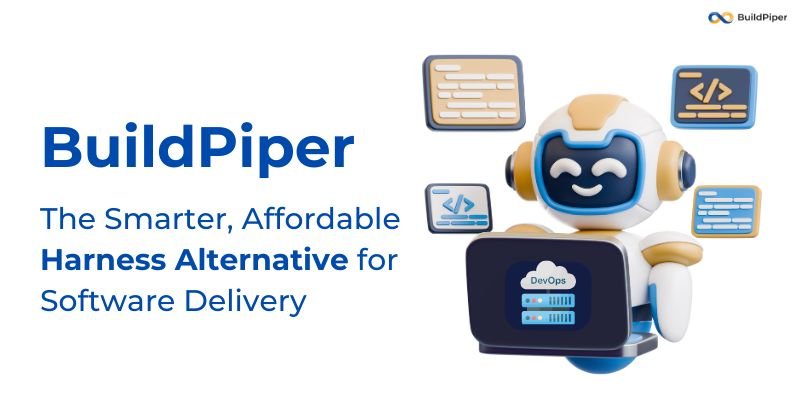It is said that automation will be a big deal in the DevOps world by 2024. Gartner reveals that by 2025, repetitive processes will be automated by up to 80%. Now, let’s look deeper into how automation is changing DevOps:
- Increased Developer Productivity: Automation eliminates the repetitive tasks done daily by developers. According to a research report by CA Technologies, 68% of engineers believed that they would be able to work faster with fewer development cycles, which would result in better business agility.
- Reduced Manual Errors: Automation eliminates human risks caused by repetitive tasks. As per McKinsey & Company’s research, operational errors can be reduced by 80%, resulting in improved system stability and reliability.
- Simplified Deployments: The days when deployment was time-consuming and error-prone have now become history. Automating the entire process using tools such as Infrastructure as Code (IaC) and Continuous Integration/Continuous Deployment (CI/CD) pipelines ensures consistent deployments across all environments. It cuts out script juggling and environmental configuration complications, resulting in a 50% decrease in deployment time reported by Puppet.
Let’s Get Down to Some Figures:
The impact of automation extends far beyond anecdotal evidence. Here are some compelling facts and figures:
- According to IDC, the global DevOps software market will reach $26.8 billion by 2027, backed by the growing adoption of automation solutions.
- A study by The State of DevOps 2023 Report revealed that high-performing DevOps teams utilize automation twice as frequently as lower-performing teams.
- A Harvard Business Review study found that automation in DevOps environments can lead to up to 30% cost savings.
Embrace the evolving power of automation now!
Discover how Lenskart revolutionized its software delivery with BuildPiper









